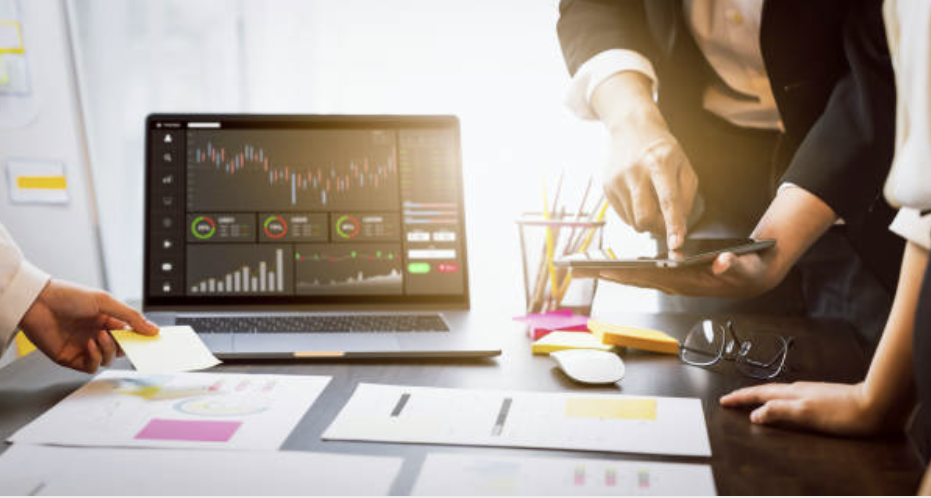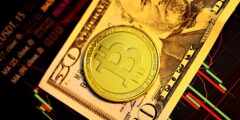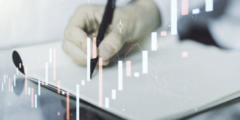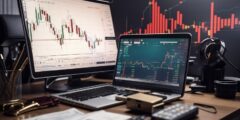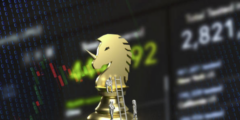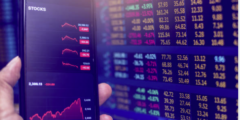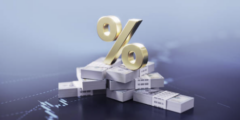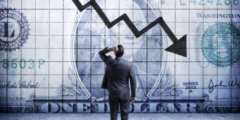How to Get Started in Foreign Exchange Trading
If you’ve been hearing about the Foreign Exchange Trading Forex and its investment potential but don’t know where to begin, this concise guide will provide you with the fundamentals and the requirements to enter this rapidly growing field.
Previously, Forex trading was limited to major players like national banks and multinational corporations. However, in the 1980s, the rules were revised to allow smaller investors to participate through margin accounts. Margin accounts have played a significant role in the popularity of Forex trading. With a 100:1 margin account, a $1,000 investment can control $100,000.
While starting Forex trading may seem straightforward, it is crucial to educate yourself to make informed investment decisions. Although the process of initiating trades in Forex is relatively easy, there are risks involved. Therefore, it is advisable for beginners to gather as much information as possible about the market.
Foreign Exchange Trading typically require a broker to handle their transactions. Most brokers are reputable and affiliated with large financial institutions such as banks. A reliable broker should be registered as a Futures Commission Merchant (FCM) with the Commodity Futures Trading Commission (CFTC) as protection against fraud and unethical trading practices.
Opening a Forex account involves completing a form and providing the necessary identification. The form will include a margin agreement that grants the broker the authority to intervene in any trade deemed too risky. This is done to safeguard the broker’s interests since most trades are executed using the broker’s funds. Once your account is established, you can deposit funds and start trading.
Many brokers offer various types of accounts to cater to the needs of individual investors. Mini accounts allow entry into Forex trading with as little as $250, while standard accounts may require a minimum deposit of $1,000 to $2,500, depending on the broker. Leverage, which involves using borrowed money, varies between accounts. Higher leverage provides more trading capital for a given investment.
However, it is strongly advised that beginner traders familiarize themselves with Forex by practicing paper trades for a period of time. Paper trades are simulated transactions that do not involve real capital. They allow you to understand how the system works while learning to use the software tools provided by most Forex brokers.
Most online brokers offer demo accounts that allow free paper trades for up to 30 days. It is highly recommended that all new Forex investors utilize these demo accounts until they consistently achieve steady profits.
Each broker offers their own set of software tools to facilitate transactions, but there are several common tools across all Forex brokers. Real-time quotes, news feeds, technical analysis charts, and profit and loss analyses are some of the features you should expect to find on most online broker websites.
Almost all brokers operate online. To access their services, you will need a reasonably modern computer, a fast internet connection, and an up-to-date operating system like Windows XP. Once your account is set up, you can access it from any computer by entering your account name and password. If you are unable to access a computer, most brokers allow trades to be made over the phone.
Trades in Forex are commission-free, meaning you can execute multiple trades in a day without worrying about high brokerage fees. Brokers earn their profits from the “spread,” which is the difference between bid and ask prices.
